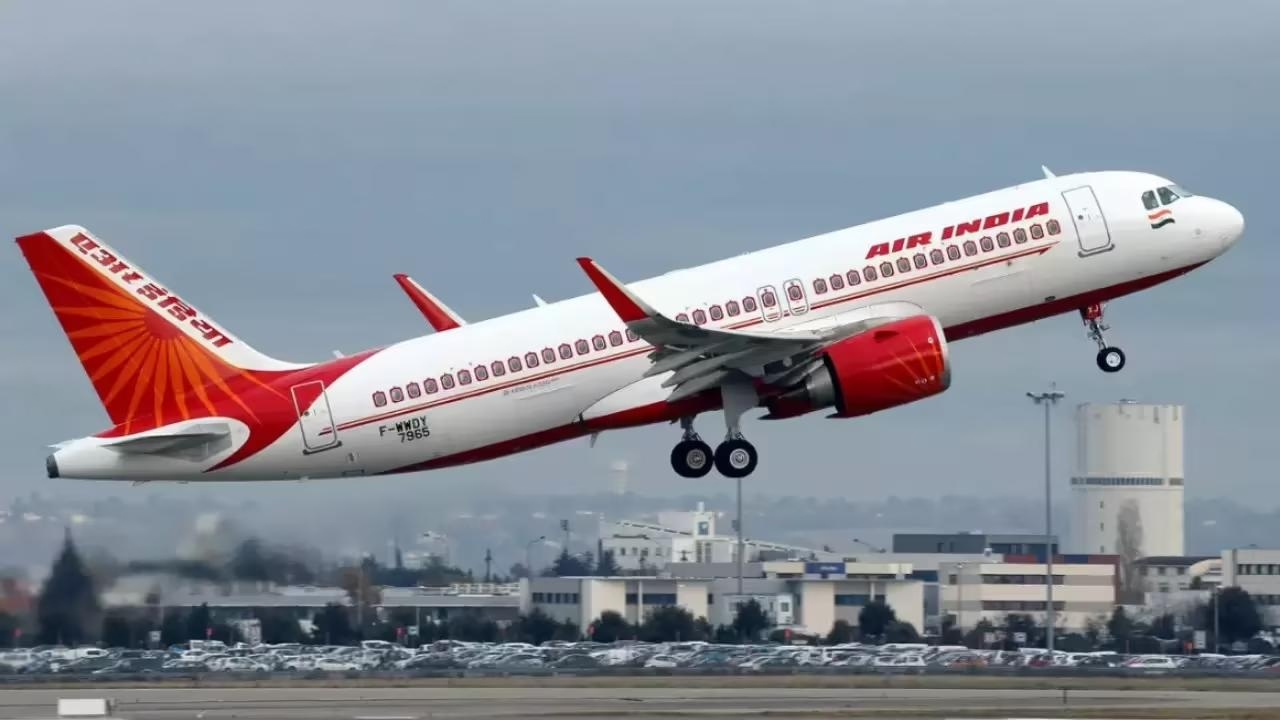AeroGenie — Votre copilote intelligent.
Tendances
Categories
Five Passengers and Two Crew Report Dizziness on London-Mumbai Air India Flight

Dizziness Reported Among Passengers and Crew on London-Mumbai Air India Flight
Five passengers and two crew members aboard Air India flight AI-130, en route from London Heathrow to Mumbai, experienced dizziness and nausea shortly after takeoff, according to sources familiar with the incident. Despite the discomfort reported during various phases of the flight, the Boeing 777 continued its journey and landed safely in Mumbai, where medical teams were prepared to provide immediate assistance.
Air India confirmed the occurrence, stating that while five passengers and two crew members reported symptoms of dizziness and nausea, the flight concluded without further incident. Upon arrival, two passengers and two crew members who remained unwell were taken for medical evaluation and were subsequently discharged after treatment. The airline has initiated an internal investigation and informed the aviation regulator as part of its response.
Investigation and Broader Context
Preliminary findings have ruled out cabin depressurisation as the cause, with officials noting that oxygen masks were not deployed and no pressure anomalies were detected. Food poisoning is currently considered the most plausible explanation, given the nature of the symptoms reported. Insiders revealed that at least six cabin crew members experienced similar effects, although the pilots remained unaffected. This disparity is attributed to standard safety protocols whereby pilots receive meals separately and from different kitchens to mitigate the risk of simultaneous incapacitation.
This incident occurs amid a challenging period for Air India, which is contending with heightened passenger concerns due to ongoing safety inspections of its Dreamliner fleet. These inspections have resulted in flight delays and cancellations, attracting increased scrutiny from aviation authorities and raising questions about the airline’s operational reliability. Competitors may seek to leverage these difficulties by presenting themselves as more dependable alternatives, while the Indian aviation sector as a whole faces pressure to reinforce safety standards and sustain passenger confidence.
On the same day, Air India Express flight IX2564, operating from Delhi to Jammu, was compelled to return to Delhi mid-flight following a suspected GPS interference issue. The Airbus A320, which departed at 11:04 AM, landed safely back in the capital. The airline promptly arranged an alternative aircraft to complete the journey and expressed regret for the inconvenience caused, emphasizing that the decision to return was a precautionary measure in response to the suspected interference.
As investigations into both incidents continue, Air India and the broader aviation industry remain under intensified regulatory and public scrutiny, highlighting the critical importance of stringent safety protocols and transparent communication to uphold passenger trust.

Factors Positioning Airbus for Leadership in 2026

Emirates Unveils Cabin Design for New Boeing 777X

Eighteen Years On, the Airbus A380 Remains Central to a $34 Billion Airline

How a boom in luxury airline seats is slowing down jet deliveries

Navitaire Outage Attributed to Planned Maintenance

Airbus Plans Record Delivery of 870 Aircraft in 2026

DigiYatra Debuts Outside Aviation at India AI Impact Summit

Vietnam Orders Strengthen Boeing’s Commercial Outlook

Airbus Signals Uncertainty Over Future A400M Orders

JobsOhio Awards $2 Million Grant to Hartzell Propeller for Innovation Center
